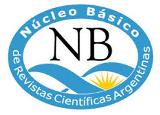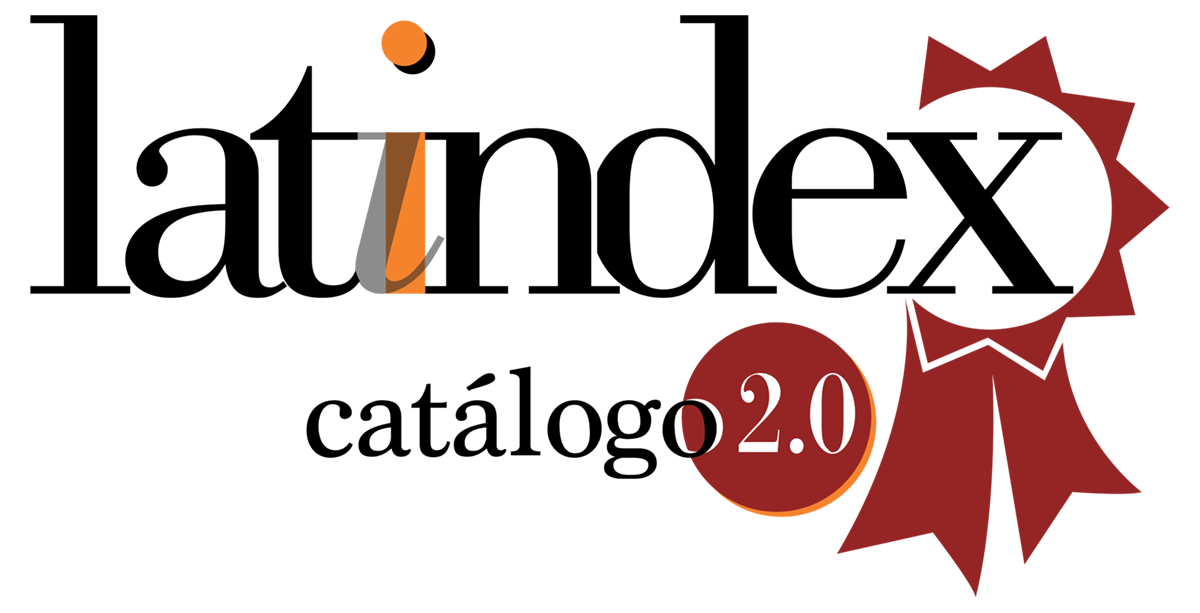Discursive interpellations and construction of hegemony. Menem´s speech (1988-1993)
Keywords:
Carlos Menem, construction of hegemony, discourse analysis, comparative analysis of discourseAbstract
This paper analyzes the construction dimension of menemist hegemony. To do that, place the shaft in the characteristics from Carlos Menem's speech, the main political and institutional reference of that period. In that context incorporates an exhaustive analysis of the official discourses of the President, examining their inquiries to different discoursivities and traditions and its main enunciative modalities, aimed to articulate a new cultural hegemony, between 1989 and 1993. As a methodological strategy incorporates, in turn, an original comparative analysis of discourse, which analyzes his public media speeches during the period immediately prior to his rise to the power (1988) contrasting with the sedimentation period of menemist hegemony, positioned in 1993. Thus, it seeks to examine the changes and continuities of Carlos Menem´s speech from a diachronic level.Downloads
Downloads
How to Cite
Issue
Section
License
The acceptance of an original by the journal implies the non-exclusive transfer of the economic rights of the authors in favor of the editor, who allows reuse, after editing (postprint), under a Creative Commons Attribution License -NonCommercial-ShareAlike 4.0 International (CC BY-NC-SA 4.0)
In accordance with these terms, the material can be shared (copied and redistributed in any medium or format) and adapted (remixed, transformed and created from the material another work), provided that a) the authorship and original source of its publication (magazine and URL of the work), b) is not used for commercial purposes and c) the same license terms are maintained.
The transfer of non-exclusive rights implies that after its publication (postprint) in Cuadernos de H ideas the authors can publish their work in any language, medium and format; in such cases, it is requested that it be stated that the material was originally published in this journal.
Such assignment also implies the authorization of the authors for the work to be harvested by SEDICI, the institutional repository of the National University of La Plata, and be disseminated in the databases that the editorial team considers appropriate for increase the visibility of the publication and its authors.
Likewise, the journal encourages the authors so that after their publication in Cuadernos de H ideas they deposit their productions in other institutional and thematic repositories, under the principle that offering society scientific and academic production without restrictions contributes to a greater exchange of global knowledge.










.png)

























